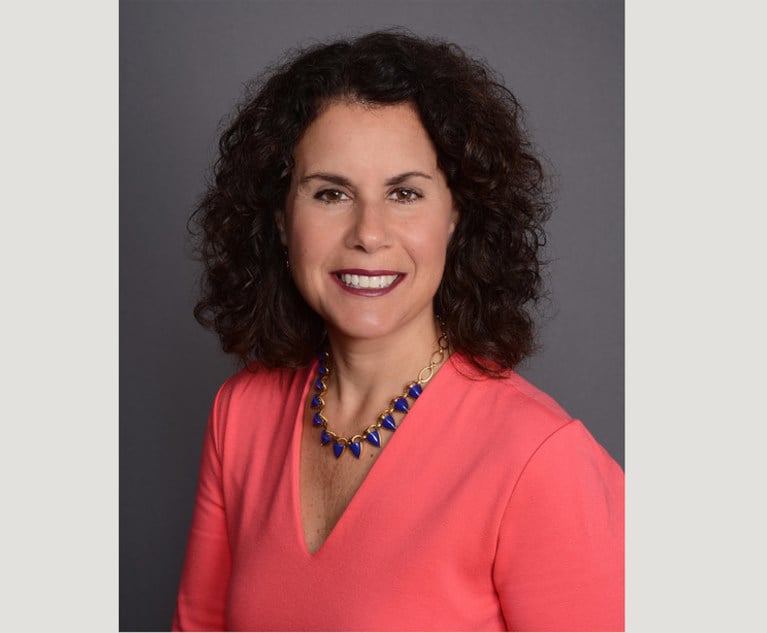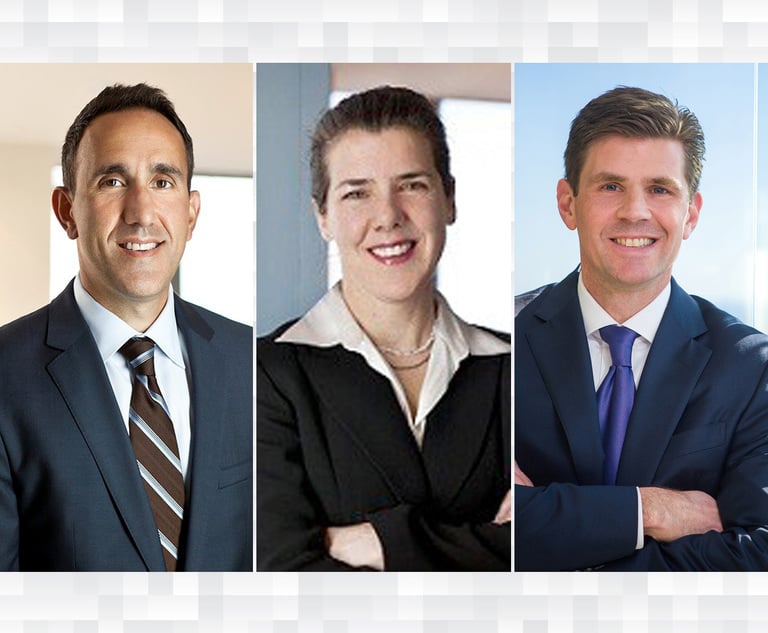The public often assumes that in 2023, after 24 seasons of “Law & Order: SVU,” there is a general understanding of domestic violence and that victims of domestic violence are well protected by the courts. However, victims of domestic violence who seek custody of their children in family court often report negative experiences. One prevalent way in which victims of violence are punished for seeking to protect their children in family court is being accused of “parental alienation.” Unfortunately, the mere allegation of parental alienation can have severe consequences for mothers escaping family violence.
Claims of parental alienation are made up of two concepts “parental alienation syndrome” and “parental alienation.” Both parental alienation syndrome and parental alienation lack universal definition but both refer to two connected behaviors: systemic attempts by one parent to turn a child against the other parent, and a child’s hostility toward and rejection of the parent. Richard A. Gardner, “Parental Alienation Syndrome vs. Parental Alienation: Which Diagnosis Should Evaluators Use in Child-Custody Disputes?” 30 AM. J. FAM. THERAPY 93 (2002). Parental alienation syndrome has been the subject of controversy since its introduction into the legal discourse in the 1980s by Dr. Richard Gardner. Decades later, it is still not recognized by any major scientific professional organization. Parental alienation syndrome is not included in the fifth edition of “Diagnostic and Statistical Manual of Mental Disorders or in the International Classification of Diseases” (ICD-11). It is not accepted by the American Psychiatric Association or World Health Organization.


 Arly Smith-Pearson of Philadelphia Legal Assistance. Courtesy photo
Arly Smith-Pearson of Philadelphia Legal Assistance. Courtesy photo




